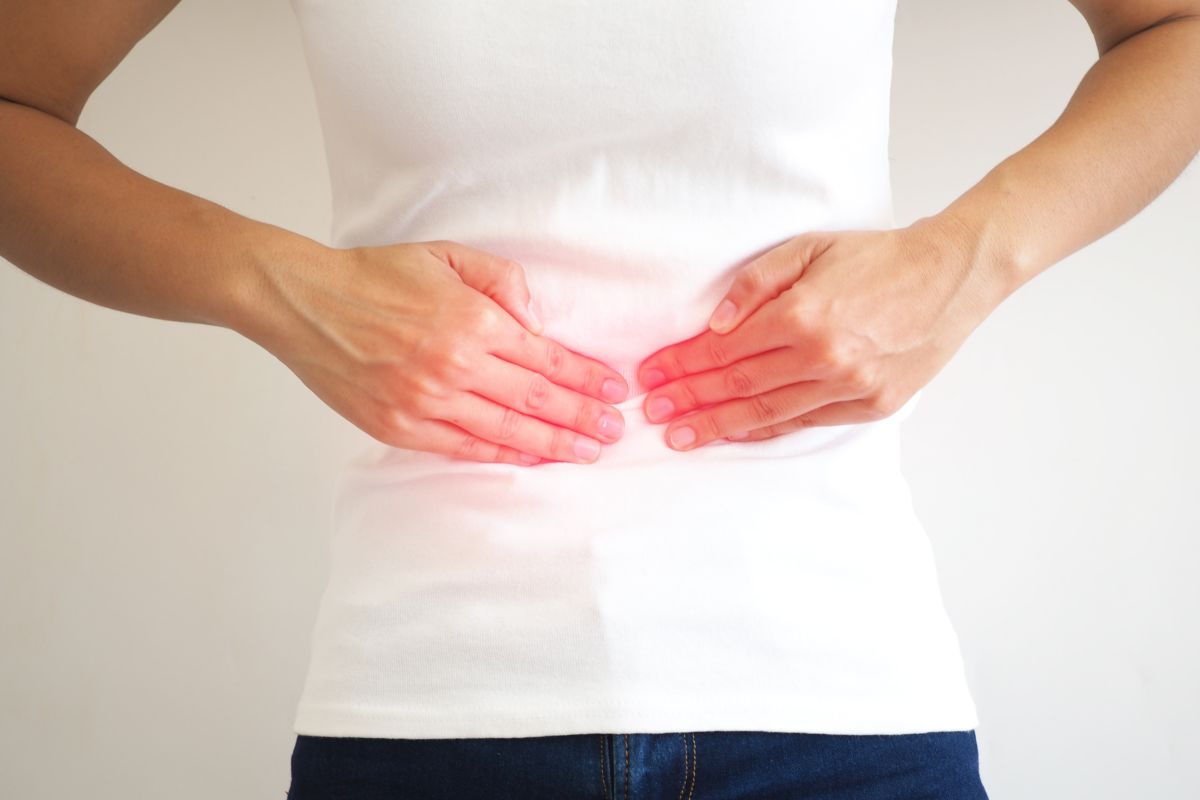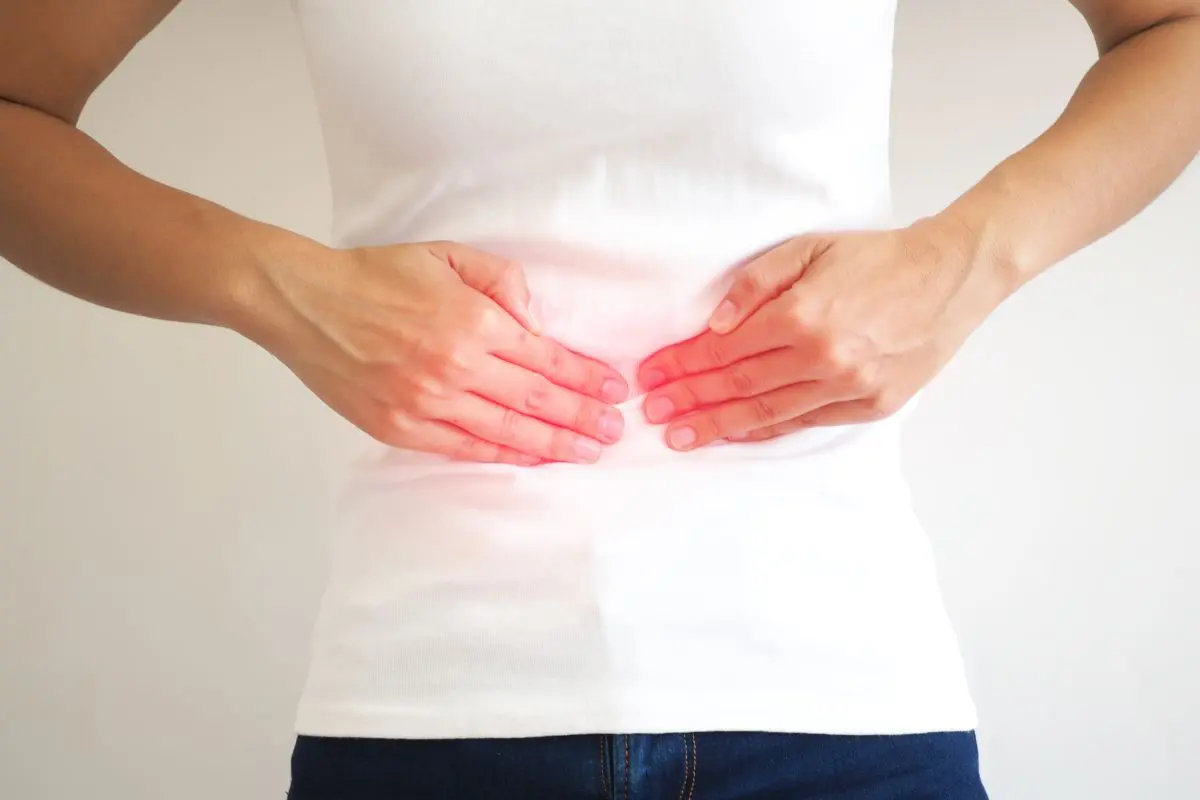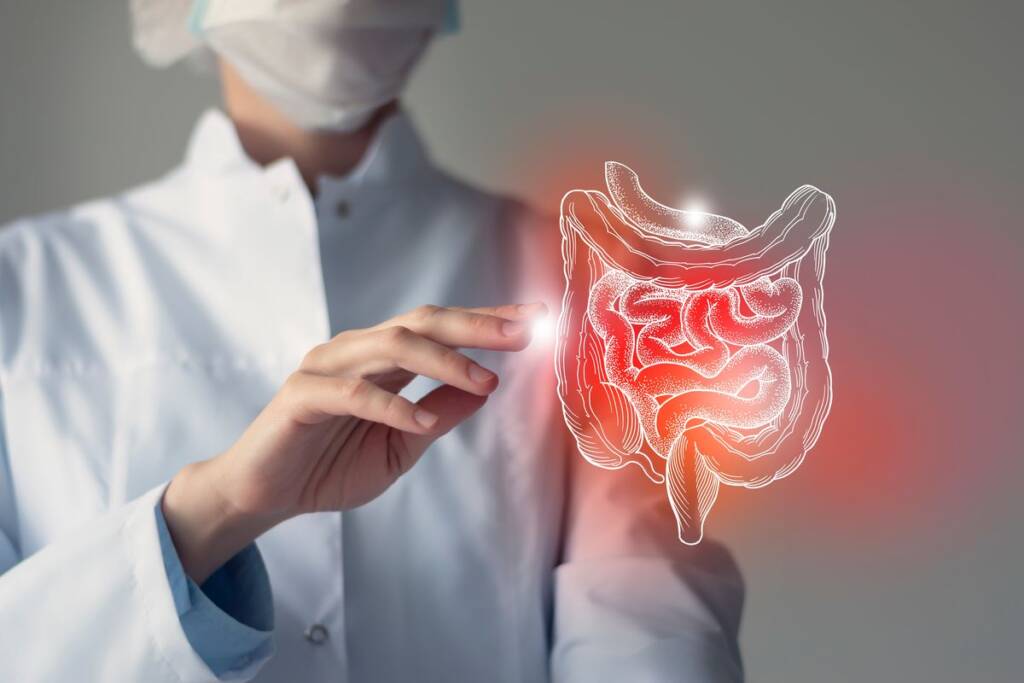Health
Colon pathologies: what they are and what is the ideal diet to avoid inflaming it


All doctors say it and it is absolutely not a lie: the intestine is our second brain. Based on how we react to situations, to the traumas that affect us or based on our moods, the latter behaves accordingly.
Underestimating the messages that arrive from this part of the digestive system is never a good thing, because sometimes much more serious pathologies can result from small and perennial inflammations . Of course, it doesn't mean that the intestine is necessarily always seriously ill as soon as it sends us signals such as gastric reflux or small occasional pains. Sometimes you may find yourself faced with a fairly treatable irritation such as irritable bowel syndrome .
Irritable bowel syndrome: what it is and how to treat it
What are we talking about? The latter, also known as spastic colitis, is an inflammatory form that generates pain in the intestine or creates discomfort in the abdominal area , as well as alterations of a canal of the colon called alvus . Specific treatments can be various: antispasmodics, prokinetics, antidepressants and in situations of diarrhea anti-diarrheals . These are prescribed after carrying out some control tests such as blood sampling, stool examination, lactose intolerance test, abdominal ultrasound and possibly colonoscopy . There is no definitive cure and each patient must be managed individually, but it is possible to modify one's diet to restore intestinal well-being. Here's where to find an example of a weekly diet for those suffering from irritable bowel syndrome ! Unfortunately, however, the colon not only suffers from inflammation like this, which we can live with, but sometimes generates rather serious pathologies. Let's see better what it is.

Other serious pathologies of the colon
Crohn's disease
Crohn's disease is a perennial irritation that can affect the colon, stomach, small intestine and sometimes even the mouth. The part where it occurs most is the ileum, which delimits the final part of the intestine. The first symptoms it gives are pain in the lower part of the abdomen, continuous daily bowel movements in semi-liquid form and sometimes it can also give little desire to eat or a slight fever .
Ulcerative colitis
Colitis is an inflammatory condition that is generated in the anus and then travels up to the colon. In itself it is a real ulcer , which manifests itself with diarrhea and mucus in the stool .
Diverticulosis
Diverticulosis is the presence of small pockets that are generated in the final part of the intestine and should never be overlooked, because it can evolve into diverticulitis .
The polyposis
Polyposis is caused by the birth of polyps along the walls, resulting in obstruction of the digestive tract and subsequent risks.
Colorectal cancer
Among these there is the most feared one: colorectal . Here the symptoms are rectal bleeding , constipation and alternating diarrhea, weight loss, pain and anemia .
Daily tips for the colon and intestines
Without thinking drastically, it must be said that inflammation of this part of the intestine can be avoided or averted with a good set of rules and advice. Among this, doctors indicate: a fiber-based diet which, together with probiotics and yogurt, helps the microbiota. When eating, try not to overdo it with animal fats and never forget fruit, especially seasonal fruit which is good for these reasons, and vegetables to eat regularly . Calibrate the intake of canned foods , sausages, cured meats, sugars and alcohol . Check your weight often so that it does not exceed the limit and do the necessary physical activity . Always keep your body hydrated and if you are familiar with it after the age of fifty , regularly take the necessary screens .
Sources: www.gvmnet.it/press-news/news-dalle-strutture/malattie-del-colon-quali-sono-le-piu-comuni-e-come
www.auxologico.it/colon-irritabile-devi-sapere-vivere-meglio
www.my-personaltrainer.it/diverticolite.html
Riproduzione riservata © - WT











